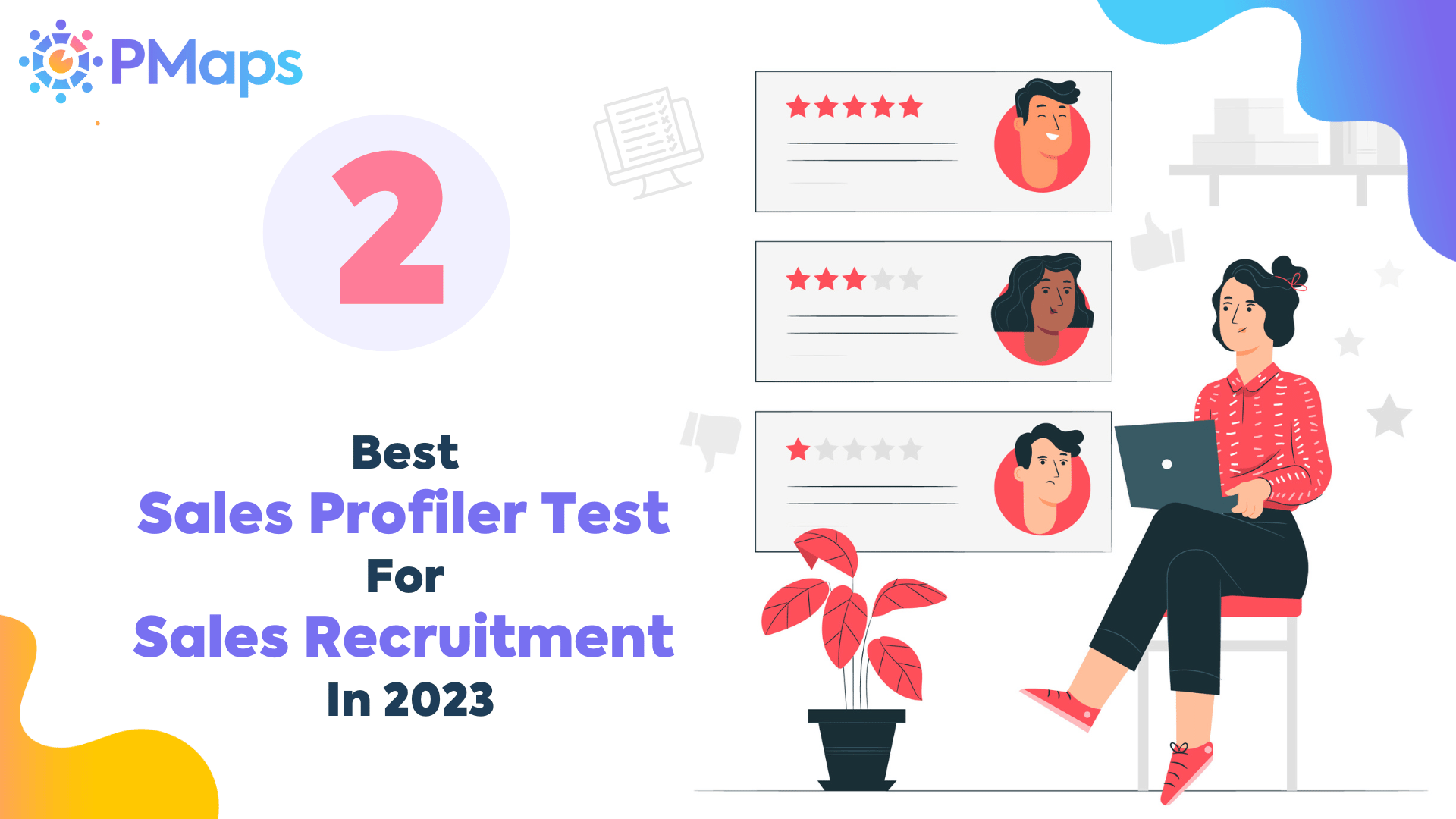
Introduction
Spread the love
You see a colleague hurrying into a meeting, slightly messy. Your initial thought? “They’re running late again; that’s just how they are.” Pause right there! What just happened in your thoughts?
Your mind quickly concluded on their behavior just by witnessing one incident in their life. Let’s understand how FAE significantly shapes our perception of others. As organizational decision-makers and leaders, understanding this cognitive bias is crucial for promoting fairness, inclusivity, and better decision-making in our workplaces.
The Fundamental Attribution Error Explained
The Fundamental Attribution Error (FAE) refers to our natural tendency to attribute someone’s actions to their character rather than considering external circumstances. This cognitive bias can lead to biased decisions during recruitment, promotions, and performance evaluations in the workplace context. The FAE was coined in the 1970s by social psychologist Lee Ross.
Many times, we make false assumptions about others based on their actions, looks, or belonging to a culture or group. We categorize people and tag them in groups that reflect a type of personality. The FAE may be more pronounced for people who believe in individualistic cultures where personal traits are highly valued. Conversely, collectivist cultures tend to focus more on situational influences, leading to less attributional error.
The FAE also impacts diversity and inclusion efforts within an organization, preventing talented individuals from diverse backgrounds from reaching their full potential.
Overcoming the Fundamental Attribution Error:
Awareness is the first step in mitigating the impact of the FAE. As leaders and decision-makers, we can take the following steps to minimize biased judgments:
- Promote Empathy and Active Listening: Encourage employees to understand each other’s perspectives and listen actively to avoid snap judgments.
- Encourage Open Communication: Create an environment where individuals feel comfortable explaining their actions and circumstances without fear of judgment.
- Seek Multiple Perspectives: Before making a judgment about someone’s behavior, consider seeking input from others who might have a different viewpoint.
- Diverse Decision-Making Teams: Foster diverse decision-making teams to bring different perspectives to the table and minimize groupthink.
- Use objectivity in Decision-Making: Use Psychometric Assessments to determine the fitment of candidates. High-potential assessments, Employee feedback, Organizational surveys, and performance ratings for appraisals.
- Training and Awareness: Provide training on cognitive biases, including the FAE, to increase awareness among all employees.
Click here to read more about FAE and strategies to overcome them at the workplace and in hiring settings.
Conclusion:
The Fundamental Attribution Error is a powerful cognitive bias that affects our understanding of others’ actions and behaviors. By recognizing its influence, we can take proactive steps to promote a more inclusive and fair workplace and reduce the impact of the Fundamental Attribution Error on Hiring. where individuals are judged based on their abilities and achievements rather than preconceived notions.
We hope this newsletter has been enlightening and valuable to your leadership journey. As always, we welcome your feedback and suggestions for future topics.
Thank you for being a part of our community!








